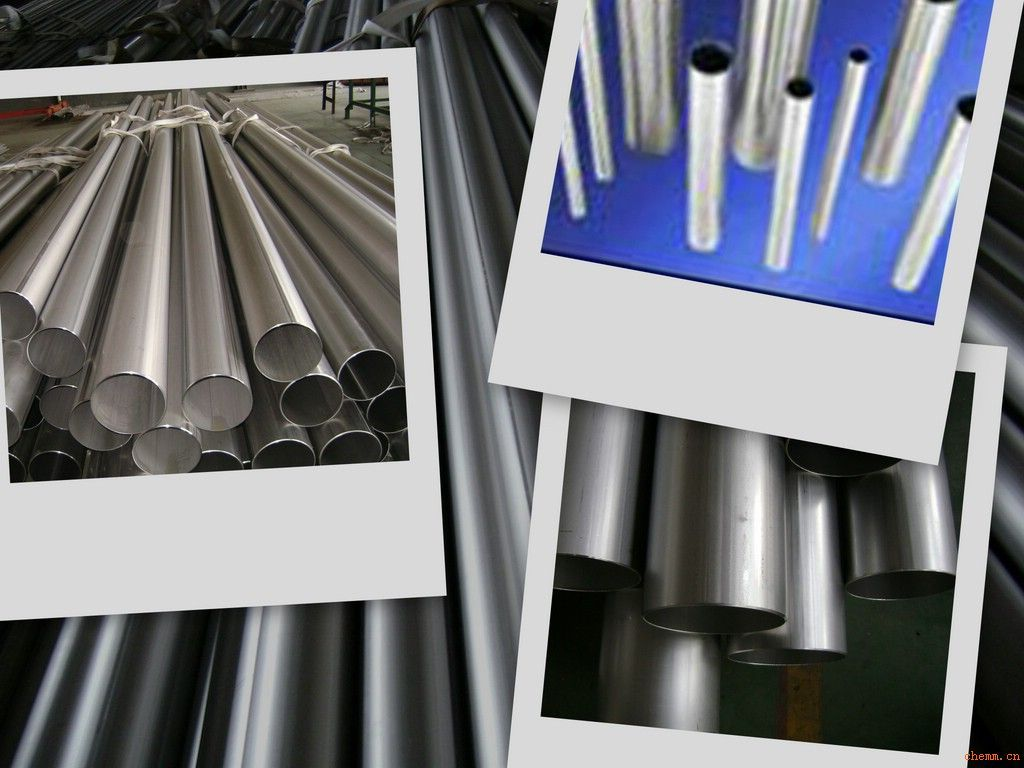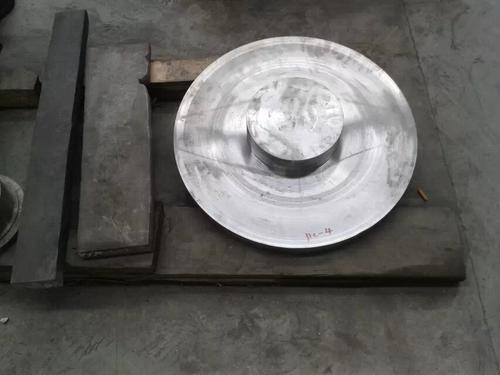1. Introduction to Stainless Steel Pipe
Stainless steel pipe is a corrosion-resistant, aesthetically pleasing, and high-temperature-resistant pipe widely used in various fields.
Stainless steel pipes are made from an alloy of iron, chromium, and nickel. The chromium content gives stainless steel its corrosion resistance by forming a thin oxide layer on the surface of the pipe. This layer protects the pipe from rust and corrosion, making it ideal for use in harsh environments.
According to the search results, stainless steel pipes are available in different types and grades. Some common types include seamless pipes, welded pipes, and cold-drawn pipes. The grades of stainless steel pipes can be classified into several categories, such as austenitic, ferritic, duplex, precipitation hardening, and nickel alloy.
For example, austenitic stainless steel pipes, such as 304 (0Cr18Ni9), 321 (1Cr18Ni9Ti), and 316L (00Cr17Ni14Mo2), are widely used due to their strong corrosion resistance, high toughness, and excellent formability. Ferritic stainless steel pipes, like 409, 410L, and 430, have good high-temperature resistance but relatively lower corrosion resistance. Duplex stainless steel pipes, such as 2205 and 2507, offer high strength and good corrosion resistance, making them suitable for applications in high-corrosion environments like marine environments.
Stainless steel pipes are widely used in industries such as chemical, petrochemical, pharmaceutical, food, energy, construction, aviation, and aerospace. In the chemical industry, stainless steel pipes are used to transport corrosive chemicals. In the food industry, they are used for food processing and storage due to their hygienic properties. In the construction industry, stainless steel pipes are used for decorative purposes and in plumbing systems.
In conclusion, stainless steel pipes are an important material with unique properties that make them suitable for a wide range of applications. Their corrosion resistance, high-temperature resistance, and aesthetic appeal make them a popular choice in many industries.
2. Material Classifications

2.1 Austenitic Stainless Steel Pipe
Austenitic stainless steel pipes are known for their excellent corrosion resistance, high toughness, and outstanding formability. These pipes have a face-centered cubic crystal structure. Materials like 304 (0Cr18Ni9), 321 (1Cr18Ni9Ti), and 316L (00Cr17Ni14Mo2) are widely used. The chromium content in these steels gives them corrosion resistance by forming a thin oxide layer on the surface. Austenitic stainless steel pipes can be used in a wide range of temperatures and are suitable for applications in various industries such as chemical, food, and construction.
2.2 Ferritic Stainless Steel Pipe
Ferritic stainless steel pipes are composed mainly of a body-centered cubic crystal structure. Common materials include 409, 410L, and 430. These pipes have good high-temperature resistance but relatively lower corrosion resistance compared to austenitic stainless steel. They are often used in applications where high temperature resistance is required but the environment is not extremely corrosive. According to the search results, ferritic stainless steel can tolerate temperatures up to 950°C.
2.3 Duplex Stainless Steel Pipe
Duplex stainless steel pipes have a structure that combines both austenite and ferrite phases. Materials like 2205 and 2507 are common. These pipes offer high strength and good corrosion resistance. They are suitable for applications in high-corrosion environments such as marine environments. Duplex stainless steel has a yield strength that can be up to twice that of ordinary stainless steel, reducing material usage and equipment manufacturing costs.
2.4 Precipitation Hardening Stainless Steel Pipe
Precipitation hardening stainless steel pipes are formed through a process of solid solution treatment and precipitation hardening. Common materials include 17-4PH and 15-5PH. These steels have good mechanical properties and can be hardened by heat treatment. They are often used in applications where high strength and corrosion resistance are required.
2.5 Nickel Alloy Stainless Steel Pipe
Nickel alloy stainless steel pipes have excellent corrosion and high-temperature resistance. Materials like Inconel 625 and Incoloy 800 are commonly used. These alloys contain a significant amount of nickel, which gives them their superior properties. They can withstand high temperatures and harsh corrosive environments, making them suitable for applications in the aerospace, chemical, and petrochemical industries.
3. Uses of Stainless Steel Pipe

Stainless steel pipes are widely used in chemical, petrochemical, pharmaceutical, food, energy, construction, aviation, aerospace and other industries due to their various excellent properties.
3.1 Chemical Industry
In the chemical industry, stainless steel pipes are essential for transporting corrosive chemicals. The corrosion resistance of stainless steel ensures the integrity of the pipeline and prevents leaks that could pose significant safety and environmental risks. According to the search results, stainless steel pipes can withstand a wide range of chemical substances, including acids, bases, and salts. For example, austenitic stainless steel pipes like 316L are often used in chemical processing plants due to their excellent resistance to corrosive environments.
3.2 Petrochemical Industry
In the petrochemical industry, stainless steel pipes are used for transporting oil, gas, and other hydrocarbons. The high-temperature resistance and strength of stainless steel make it suitable for use in refineries and pipelines. Duplex stainless steel pipes, with their high strength and corrosion resistance, are particularly useful in offshore oil and gas applications where the environment is harsh.
3.3 Pharmaceutical Industry
In the pharmaceutical industry, stainless steel pipes are used for transporting drugs and other pharmaceutical products. The hygienic properties of stainless steel make it ideal for use in cleanrooms and other sterile environments. Stainless steel pipes can be easily cleaned and sterilized, ensuring the purity of the products being transported.
3.4 Food Industry
In the food industry, stainless steel pipes are used for food processing and storage. The corrosion resistance and hygienic properties of stainless steel make it safe for contact with food. Stainless steel pipes are also easy to clean and maintain, ensuring compliance with food safety regulations.
3.5 Energy Industry
In the energy industry, stainless steel pipes are used in power plants and renewable energy systems. The high-temperature resistance and strength of stainless steel make it suitable for use in boilers, heat exchangers, and solar panels. For example, ferritic stainless steel pipes can tolerate high temperatures up to 950°C, making them suitable for use in some power plant applications.
3.6 Construction Industry
In the construction industry, stainless steel pipes are used for decorative purposes and in plumbing systems. The aesthetic appeal and durability of stainless steel make it a popular choice for architects and designers. Stainless steel pipes can also be used for structural support in buildings and bridges.
3.7 Aviation and Aerospace Industry
In the aviation and aerospace industry, stainless steel pipes are used for aircraft and spacecraft components. The high strength and lightweight properties of stainless steel make it suitable for use in engine parts, fuel systems, and structural components. Nickel alloy stainless steel pipes, with their excellent corrosion and high-temperature resistance, are often used in these applications.
In conclusion, stainless steel pipes are an essential material in many industries due to their unique properties and versatility. Whether it's transporting corrosive chemicals, processing food, or building aircraft, stainless steel pipes play a crucial role in ensuring the safety and efficiency of various processes.
4. Conclusion
Stainless steel pipes are truly remarkable materials with a wide range of applications across multiple industries. Their unique combination of corrosion resistance, high-temperature tolerance, strength, and hygienic properties make them an essential choice in many fields.
In the chemical industry, stainless steel pipes ensure the safe transportation of corrosive chemicals, protecting both workers and the environment. With the ability to withstand a diverse range of chemical substances, they play a crucial role in maintaining the integrity of chemical processing operations.
The petrochemical industry benefits from the high-temperature resistance and strength of stainless steel pipes. They are reliable for transporting oil, gas, and hydrocarbons, even in harsh offshore environments. Duplex stainless steel pipes, in particular, are highly valued for their durability and corrosion resistance.
In the pharmaceutical industry, the hygienic properties of stainless steel pipes are essential for ensuring the purity of drugs and pharmaceutical products. Their ease of cleaning and sterilization make them a preferred choice for maintaining sterile environments.
The food industry relies on stainless steel pipes for food processing and storage. Their corrosion resistance and safety for contact with food make them a staple in kitchens and food processing plants. Compliance with food safety regulations is easily achieved with stainless steel pipes.
The energy industry uses stainless steel pipes in power plants and renewable energy systems. Their high-temperature resistance and strength are crucial for boilers, heat exchangers, and solar panels. Ferritic stainless steel pipes, with their ability to tolerate high temperatures, are valuable in certain power plant applications.
In the construction industry, stainless steel pipes add aesthetic appeal and durability. They are used for decorative purposes and in plumbing systems, as well as for structural support in buildings and bridges.
The aviation and aerospace industry depends on stainless steel pipes for aircraft and spacecraft components. Their high strength and lightweight properties make them suitable for engine parts, fuel systems, and structural components. Nickel alloy stainless steel pipes, with their excellent corrosion and high-temperature resistance, are essential in these demanding applications.
In conclusion, stainless steel pipes are an indispensable material in various industries. Their importance lies in their ability to meet the specific requirements of different fields, ensuring safety, efficiency, and durability. As technology continues to advance, the demand for stainless steel pipes is likely to remain strong, and further innovations in their design and production will continue to expand their applications.
Post time: Oct-31-2024
